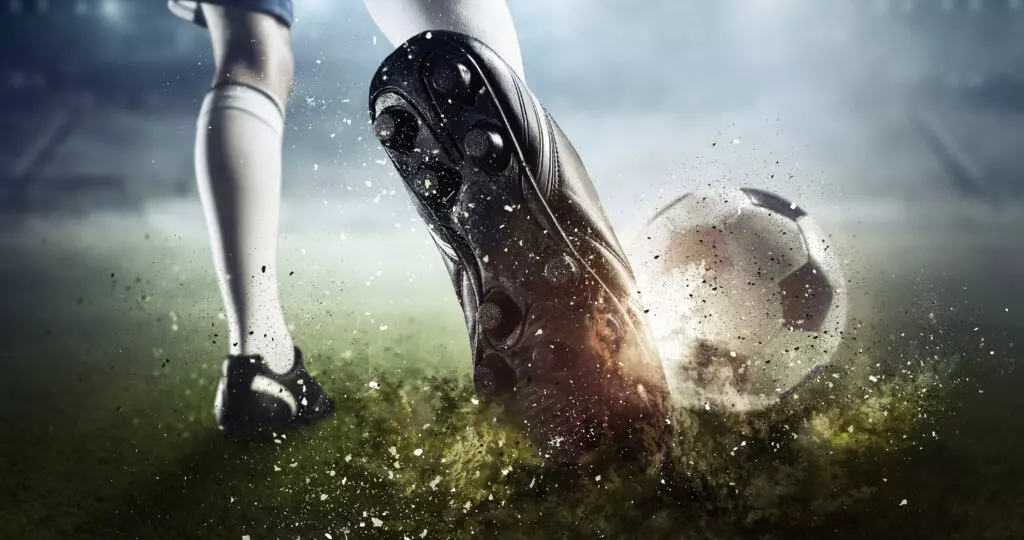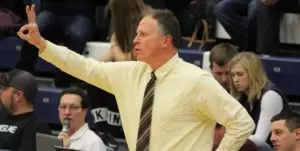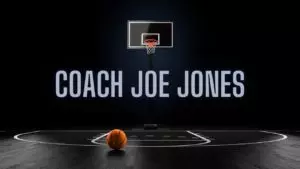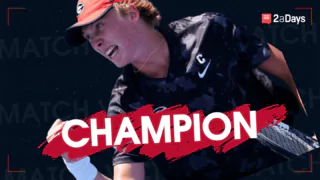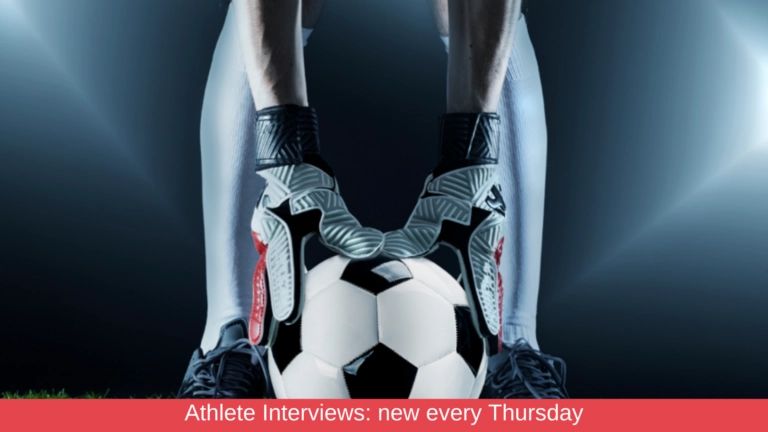Meghan Cox attended Robert E. Lee High School. Cox earned the most valuable player (MVP) as a sophomore and as a junior. She also earned the Golden Ball Award as the national championship MVP. Her hard work paid off, and was included in the All-State First Team in her junior year. She was also nominated two-time All-Northern Region, three-time All-Patriot District, and two-time Washington Post All-Met.
Megan chose to play soccer at James Madison University. Her freshman year, she played 21 matches and scored 3 goals. In Cox's sophomore year, she transferred to the University of Virginia. Again, her hard work paid off; she was featured in 67 matches and scored 11 goals.
The Portland Thorns FC signed Megan In April 2017. On April 22, 2017, she debuted for the Thorns. She left the team after the half-season and returned to the University of Virginia to complete her degree.
2aDays: What was the most challenging part of the college recruitment process?
The most challenging part the first time around, when I was a freshman in high school, was that I had my mind set on two schools, UVA and JMU. Both of them were family schools that I would have been very proud to represent. JMU made me an offer, and UVA wouldn't be ready for another year or two, so I chose JMU leading into my sophomore year of high school. There was a lot of pressure not to give up the scholarship that had been offered, and as a 15-year-old I knew I would be happy there.
Transferring was a bit different. After an alarming first year, I knew my heart was not at JMU. So I took three official visits, one to The University of South Carolina, one to the University of Florida, and the final one to The University of Virginia. The most challenging part of this transfer process was knowing that I was stepping away from a scholarship and wouldn't have it elsewhere. However, my happiness and post-college career was worth far more than a scholarship. It was also difficult not to know where I was going when I told my JMU head coach I would not be returning the following season.
2aDays: How did you know that UVA was the right fit for you? What GPA/SAT/ACT should high-school recruits have to be able to play at UVA?
I have been a Wahoo since my cousin played football at UVA in the early 2000s. I grew up going to Charlottesville for football and baseball games and always dreamed of being a Cavalier myself. As a transfer student, I wish I knew I was certainly not held to the high standards of those athletes coming straight out of high school. My GPA in high school was average and SAT scores were not very good. But I will say that is undoubtedly the one regret I have in life, not trying hard in high school. At UVA I played a lot of catch-ups, teaching myself how to study for exams, write papers, and read efficiently.
2aDays: What advice could you give a recruit on how they should communicate with potential coaches?
If a coach doesn't call you back immediately, don't be offended — you're one of 200+ recruits that are trying to talk to the coaching staff and gain their attention. Also, the NCAA has rules pertaining to how coaches can communicate. There are also new dead periods of communication during the recruiting process. I wouldn't send more than one email a week or one call every few days unless you get an answer. At that point, once a month should be fine. You want to make yourself known but not be the annoying recruit.
2aDays: How did you juggle playing a collegiate sport and staying on top of your academics as well as your social life and job/internship if you had one?
Meghan: For me, it was about school and soccer; once I got to UVA, I had my “college fun” at JMU. So I regimented my days, went to bed at 9 pm every night, woke up, and cranked out my school work at 5 am then repeated that process. I had a strict meal plan and game-day rituals as well. I knew that I wanted to play professionally, so my summers were filled with playing and coaching mainly, which, in a sense, is a paid internship because I aspire to be a coach once my playing career has finished.
2aDays: What doors opened for you because of playing a sport in college?
Meghan: I have quite an extensive network from playing at the University of Virginia. That was one skill I took away from a sports management course I took at JMU. I have gotten to travel a lot and see the majority of the USA, as well as relocate to Portland, Oregon, for last season [with the NWSL team, the Portland Thorns]. Growing up in Virginia and then going to college two hours from home was enough of Virginia for a little while and it was time for me to do a bit more exploring outside of my home state.
2aDays: Do you suggest that high school recruits should adopt some form of a summer training plan if they're looking to play a sport in college? If so, to what degree and how early should they start?
I think the most important thing, first off, is goal-setting. You have to set goals before you can set any sort of plan. Listing weaknesses in your game and strengths are important, too but focus on the weaknesses. Be true about the weaknesses as well. No athlete is perfect, but we are always striving for perfection.
2aDays: What was your favorite part of the college recruitment process? Any suggestions for potential recruits on how to keep the recruiting process fun?
I enjoyed getting to know all of the coaches. When it came down to it, one of the most challenging things was telling a few of the coaches I wasn't going to go to their school.
2aDays: Would you have used 2aDays as a resource if it was available at the time of your recruiting process?
Absolutely. I had no clue what I was doing, and neither did my parents!
2aDays: What is the best piece of advice that you can offer a prospective student-athlete that is going through the recruiting process?
BE PATIENT!! Don't rush into anything. Ask a lot of questions on visits. Meet the team and spend time with your potential teammates without the coaches around.
* Originally published on November 13, 2017, by Chandler Frumin
